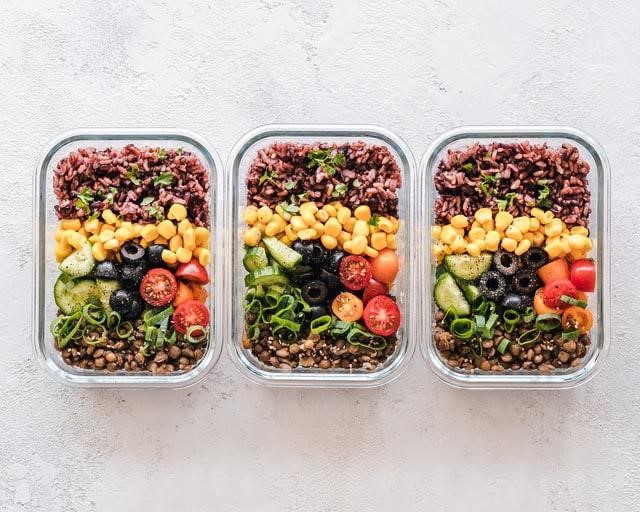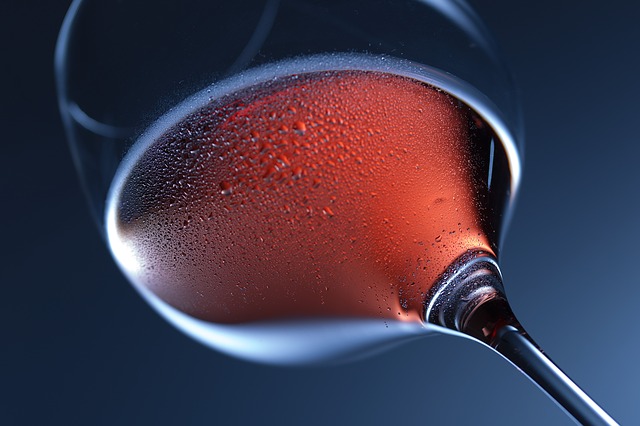
When you have Type 2 Diabetes there is a conundrum when it comes to drinking Red Wine. On the one hand, it is suggested that alcohol consumption is minimized, if not stopped altogether, when you have Type 2 Diabetes.
Contents
Yet, it is a common belief in the Medical Industry that drinking a glass of wine a day, can be helpful when it comes to the risk of heart disease. Not drinking alcohol will help maintain the glucose levels necessary to prevent spikes or drops.
Diabetes is a medical condition in which the body does not produce enough insulin on its own, maybe uses it incorrectly, or a combination of both. In order to control this, people who have Type 2 diabetes need to change the way they eat, what they eat and the way they exercise. Medications such as insulin will help them also.
Carbohydrates

Carbohydrates are macronutrients that cause the blood sugar to increase. Carbohydrates are found in many foods that are eaten every day. These include breads, fruits and vegetables, along with starches. Managing the intake of carbohydrates is extremely beneficial to those who have Type 2 Diabetes.
Against what is popularly believed, Red Wine can cause the blood sugar to decrease, not increase as once thought. According to the information provided by the American Diabetes Association, it is important to monitor your blood sugar before you drink, while you are drinking and after you drink.
It is also advised to monitor for 24 hours after drinking. This is highly suggested as the effects of intoxication do mimic the effects of low blood sugars.
As you can understand this could be a dangerous situation. Too low of blood sugars are just as dangerous as too high of blood sugars. If the person is not monitoring the blood glucose, it will be naturally assumed by those around the person that they are just experiencing the results of alcohol.
At the same time, you need to understand that any alcoholic drink that has a mix or juice, or even those with cream, can and will affect blood sugars also. Those juices and mixers with sugars will increase the blood sugar.
Red Wine

In a recent study on Red Wine and diabetes, it has been shown that one glass of Red Wine per day can reduce the risk of heart disease in people who have Type 2 Diabetes. This study followed 200 people, split into three groups. One had white wine with their dinner, one group had red wine with their dinner and the third group had mineral water. They all ate a Mediterranean diet that had no calorie restrictions.
When the study was completed after two years, the group that had the Red wine with their dinner had a higher HDL reading than the other two groups.
The Benefits

What is highly noted is that the Red Wine contains antioxidants and polyphenols which provide potential health benefits. It should also be noted that the timing of alcohol with food intake is highly important also.
Alcohol consumption has been noted on a positive beneficial note for some time now. As long as the consumption is in moderation. Moderate consumption is believed to improve cardiovascular health and also benefits by lowering cholesterol.
What had been discovered during the studies was that alcohol seems to aid glycemic control. Red Wine showed a greater effect on lipid levels and the overall metabolic syndrome. The Red Wine showed that there are seven times the levels of total phenols than the white wine has.
What also was found is that drinking one glass, or 5 ounces of Red Wine, had no negative effect on the use of medication usage, blood pressure or liver function.
This is in no way stating that excessive drinking is beneficial to those who have Type 2 Diabetes. This is research showing that having a glass of wine each day did have some positive benefits for those with Type 2 Diabetes.
Even those in the Medical field, with no association to the research stated that the results show that information from Physicians in regards to a glass of wine a day can be helpful, is in fact true. The fact that one glass of wine can help with stress levels, blood pressure levels and increase HDL is a promising sign. The polyphenols and the antioxidants in the red wine are beneficial to the health of individuals with Type 2 Diabetes, as well as others.
Obviously it is clear that discussions should take place between the patient and the Physician before consuming any alcohol if you have Type 2 Diabetes. There are also the basic standards that everyone should follow, not just those with Type 2 Diabetes. Some of the warnings include:
Do not drink any amount of alcohol on an empty stomach. If you drink on an empty stomach, the alcohol could lower the glucose levels even more than the alcohol alone.
If you count carbohydrates, do not include the alcohol, due to the glucose lowering effects.
Drinking Red Wine is not the ONLY way to raise the HDL. Eating a proper diet, following a good exercise routine and not smoking are other ways that will increase the HDL.
Other Medical Conditions
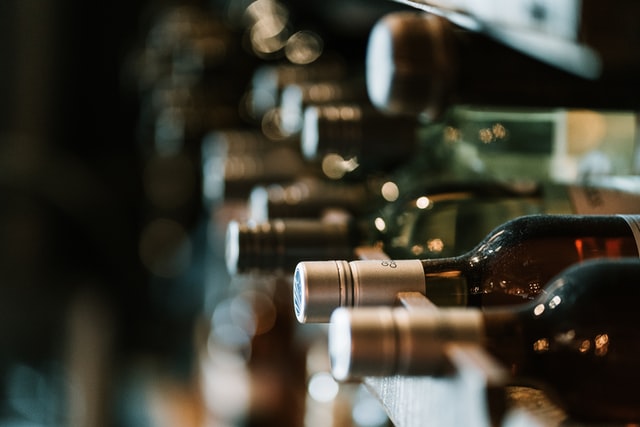
Although it is shown that Red Wine can be potentially beneficial to those with Type 2 Diabetes, drinking any alcohol if you have other medical conditions may cause unwanted issues.
For instance, a person with Type 2 Diabetes, along with alcoholic tendencies, or alcoholism, drinking Red wine or any alcohol can lead to complications of one condition while intensifying those of another condition. This is why the patient must speak with the Medical Professional in their life.
Alcohol is actually a high calorie beverage. Alcohol also has no nutritional value to it. Drinking more than one glass of Red Wine per day, could increase the calorie count per day, which will lead to weight gain. The weight gain can then cause issues for the Type 2 Diabetic and blood glucose levels.
There is also scientific evidence to show that excessive alcohol usage will cause complications for the diabetic. The excessive use of alcohol can cause metabolic issues and also eye damage. The alcohol consumption can also cause a buildup of acids in the blood and extremely low blood sugar levels. Small amounts, or drinking in moderation occasionally will not significantly impact the glucose levels.
Alcohol Related Low Glucose
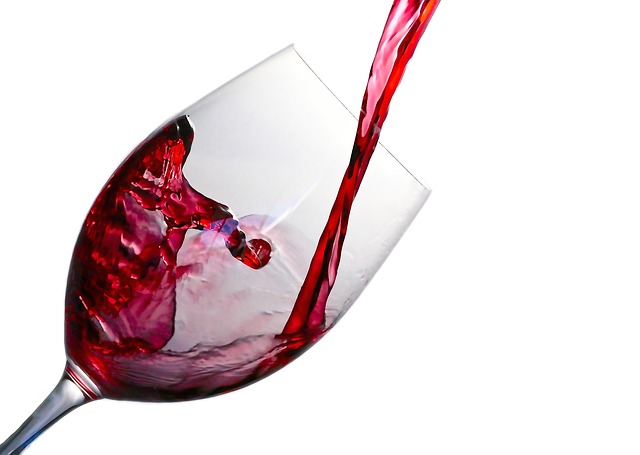
As stated, alcohol does tend to lower the blood glucose levels in diabetic patients. However, if the glucose levels are not monitored, the levels can drop dangerously low. To maintain a healthy glucose level, do not drink any alcohol on an empty stomach. Do not drink alcohol in excessive amounts, never replace a meal with alcohol. Yes, there are many who have done this. k
Especially those who are counting carbohydrates. This gives the opposite intention and lowers the sugar levels too low. If you are taking insulin or another form of Diabetic medication, the chance of dangerously low glucose levels increases.
The liver needs time to break down the alcohol in a drink, this averages about 1.5 hours per drink. The risk of blood glucose dropping to dangerous levels continues until the body has metabolized the alcohol.
Symptoms of Low Blood Sugar
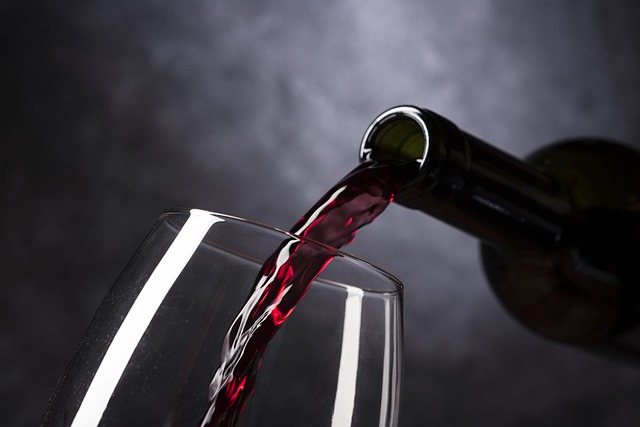
Your body does let you know when there are issues. When your blood glucose levels start dropping too low, the signs that you or others will notice include:
- Sleepiness
- Disorientation
- Dizziness
You notice that these signs are also signs of alcohol intoxication. The best advice to follow are the suggestions above, including not drinking on an empty stomach. If you are with others, having dinner out and enjoying a glass of wine; be sure that at least one person is aware of your Diabetic condition.
If you are too embarrassed to tell someone, wear either a Medical ID bracelet or necklace. This way, there will be information available if something does happen to you. They will be able to get the proper Medical assistance you need in a time like that.
Be sure that you are monitoring your blood sugar before, during and after drinking alcohol. If you notice your glucose dropping while you are drinking, be sure to get some food into your system to assist your body with the drop in sugar.
If you drink alcohol other than Red Wine, be sure to request sugar free mixers, or sugar free juices. Continue to sip on water throughout the time you are drinking. This will be beneficial to quenching your thirst. Do not rely on that alcoholic drink to quench a dry throat.
In summary, having Diabetes, does not mean that you cannot enjoy a glass of Red wine. It just means that you need to be cautious and mindful of your condition. Be sure to record your blood sugar count before you drink, during the time you are drinking and before you go to bed.
Also, remember the importance of having a proper meal before drinking. You just need to adhere to your Diabetes Management Plan to stay as healthy as possible.




